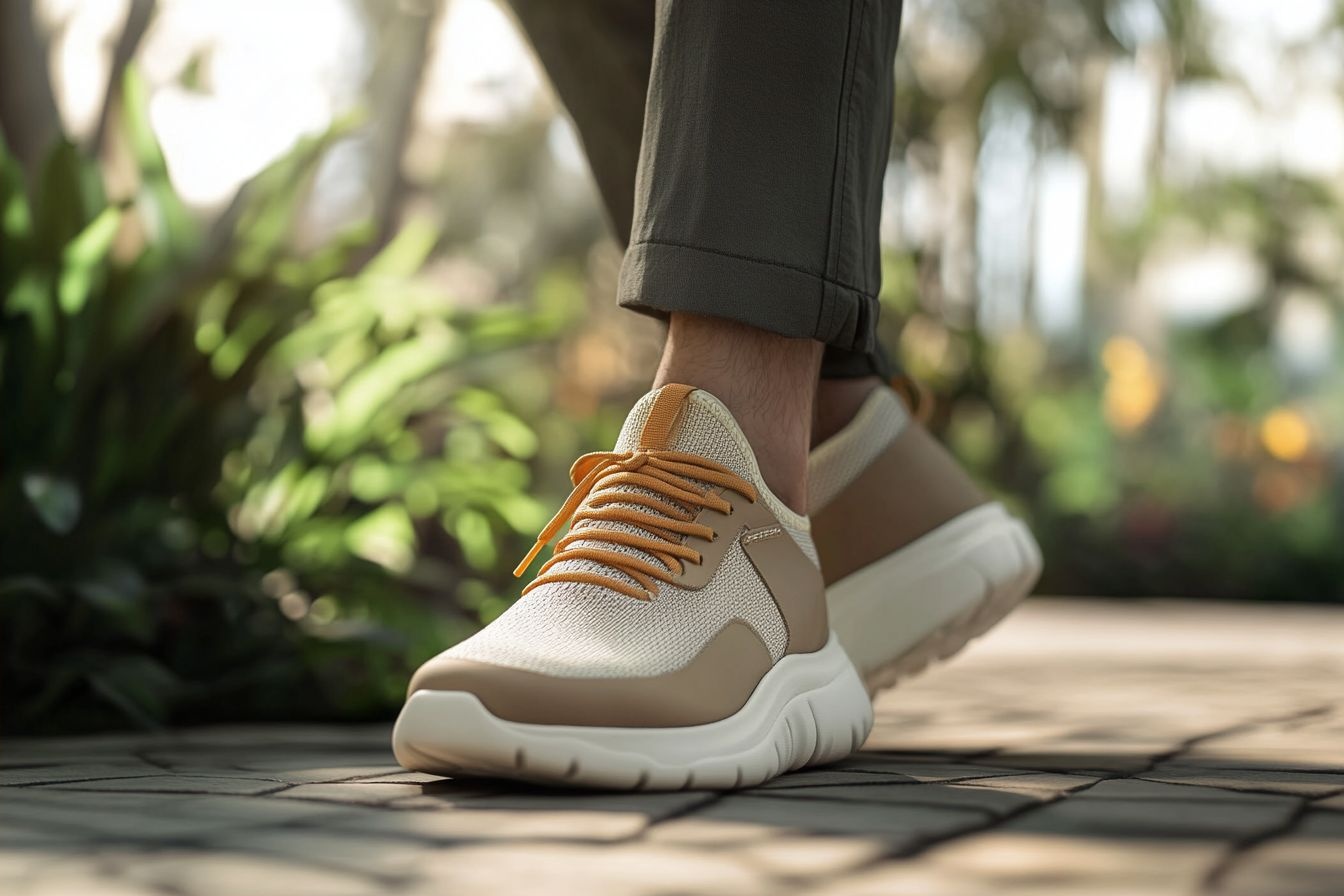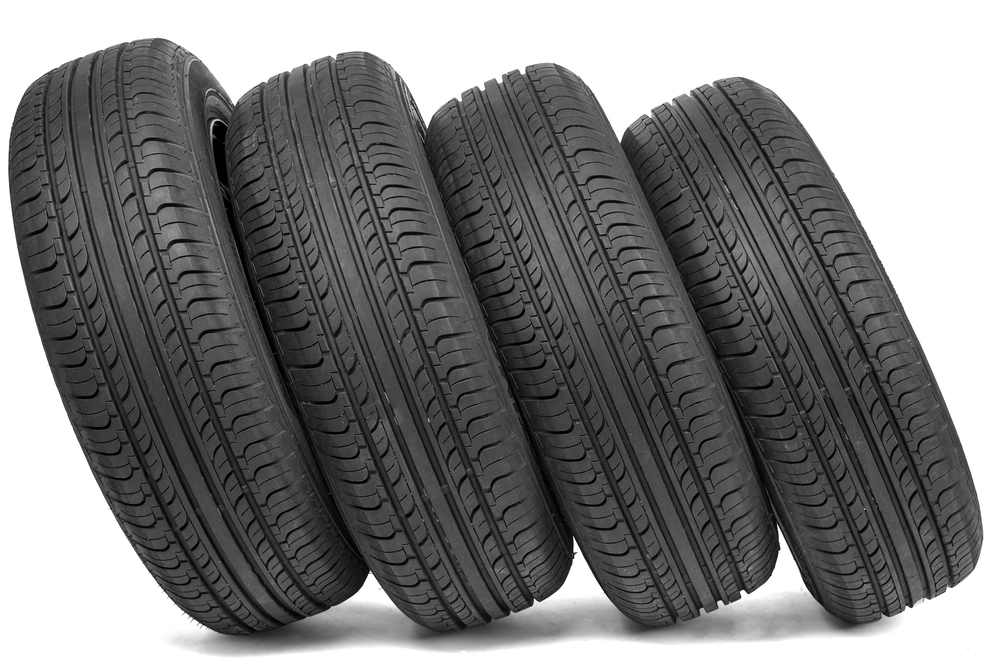Jean Jackets Wholesale: A Practical Guide to Sourcing, Pricing, and Selling
Entering the denim apparel market requires careful planning and informed decision-making. Jean jackets remain a staple fashion item with consistent demand across seasons and demographics. For retailers and entrepreneurs looking to source these products in bulk, understanding the wholesale landscape is essential. This guide covers the key considerations for sourcing jean jackets wholesale, from selecting the right products and evaluating suppliers to managing logistics and ensuring quality control before committing to large orders.

The wholesale denim jacket market offers significant opportunities for retailers who understand how to navigate supplier relationships, pricing structures, and quality standards. Whether you are launching a boutique, expanding an existing clothing line, or supplying retail chains, mastering the fundamentals of wholesale sourcing can determine your profitability and customer satisfaction.
What Styles, Fabrics, and Trims Should You Consider When Choosing Jean Jacket Products?
Selecting the right jean jacket products begins with understanding your target market and the variety available in wholesale catalogs. Denim jackets come in numerous styles including classic trucker jackets, oversized fits, cropped lengths, sherpa-lined versions, and distressed finishes. Each style appeals to different customer segments and seasonal demands.
Fabric weight matters significantly in jean jackets. Lightweight denim (6-10 oz) works well for spring and summer collections, while heavier denim (12-16 oz) provides durability and warmth for fall and winter. The fabric composition also varies—100% cotton denim offers breathability and a traditional feel, while cotton-polyester or cotton-elastane blends provide stretch and easier care.
Trims and hardware details distinguish quality products from basic offerings. Pay attention to button quality (metal versus plastic), zipper durability, stitching thread strength, and interior lining materials. Rivets, pocket designs, and label placements also contribute to the overall aesthetic and perceived value. When reviewing wholesale catalogs, request detailed specifications on all these elements to ensure they align with your brand standards and customer expectations.
How Do MOQ, Pricing Tiers, and Negotiation Work with Wholesalers?
Minimum Order Quantities (MOQ) represent one of the most important factors in wholesale purchasing. Most jean jacket suppliers set MOQs ranging from 50 to 500 pieces per style, though this varies considerably based on the manufacturer and whether you are ordering stock items or custom designs. Smaller MOQs typically come with higher per-unit costs, while larger commitments unlock better pricing.
Pricing tiers in wholesale denim jackets generally follow a volume-based structure. A supplier might offer jean jackets at $25 per unit for 100 pieces, $22 per unit for 250 pieces, and $18 per unit for 500 or more pieces. These are illustrative figures, as actual wholesale prices depend on style complexity, fabric quality, trim specifications, and supplier location.
Negotiation strategies can help you secure better terms even within established pricing structures. Building long-term relationships with suppliers often leads to preferential pricing, flexible payment terms, or reduced MOQs. Consider negotiating on shipping costs, sample fees, or customization charges rather than only focusing on per-unit price. Demonstrating serious buying intent with clear business plans and realistic order projections strengthens your negotiating position.
| Product Type | Typical MOQ | Estimated Wholesale Cost (per unit) |
|---|---|---|
| Basic Denim Jacket | 100-300 pieces | $15-$28 |
| Premium/Designer Style | 50-150 pieces | $30-$55 |
| Sherpa-Lined Jacket | 100-250 pieces | $22-$40 |
| Custom/Private Label | 300-500 pieces | $18-$35 |
Prices, rates, or cost estimates mentioned in this article are based on the latest available information but may change over time. Independent research is advised before making financial decisions.
How Should You Evaluate Suppliers Through Verification, Audits, and References?
Supplier evaluation requires systematic verification to avoid costly mistakes and ensure reliable partnerships. Begin with basic verification steps: confirm business registration, check how long the company has operated, and verify their physical address and production facilities. Legitimate suppliers willingly provide this information and documentation.
Factory audits offer deeper insights into manufacturing capabilities and ethical practices. If possible, conduct in-person visits or hire third-party inspection services to assess production capacity, working conditions, quality control processes, and compliance with labor standards. Many established suppliers already hold certifications from organizations that audit social and environmental compliance, which can streamline your due diligence.
References from other buyers provide valuable real-world perspectives on supplier reliability. Request contact information for current clients and ask specific questions about order accuracy, communication responsiveness, adherence to delivery schedules, and how the supplier handles problems or defects. Online trade platforms often include supplier ratings and transaction histories that supplement direct references.
What Sizing, Sample, and Quality-Control Steps Should You Take Before Bulk Orders?
Sizing consistency represents a common challenge in wholesale apparel. Jean jacket sizing can vary significantly between manufacturers, even when labeled identically. Request detailed measurement charts for each style, including chest width, sleeve length, shoulder width, and garment length. Compare these measurements against your target market’s expectations and your existing product lines if applicable.
Ordering samples before committing to bulk purchases is non-negotiable for serious buyers. Most suppliers offer samples at cost or slightly above wholesale pricing. Order multiple sizes to assess fit consistency and examine construction quality closely. Check seam strength, button security, zipper functionality, and fabric quality. Wash samples according to care instructions to test colorfastness and shrinkage.
Quality-control protocols should be established before production begins. Define acceptable quality limits (AQL) for defects, specify inspection points during production, and arrange for pre-shipment inspection of finished goods. Many buyers use independent quality control companies to inspect random samples from bulk orders before shipment leaves the factory. This investment in quality assurance prevents costly returns and protects your brand reputation.
What About Logistics, Lead Times, Shipping Costs, and Import Compliance?
Logistics planning begins with understanding production lead times, which typically range from 30 to 90 days for jean jackets depending on order complexity and supplier capacity. Stock items from existing inventory ship much faster, often within 7-14 days, but offer less customization. Factor these timelines into your retail calendar, especially for seasonal collections.
Shipping costs vary dramatically based on order volume, shipping method, and origin location. Sea freight offers the most economical option for large orders but requires 4-8 weeks for international shipments. Air freight costs significantly more but reduces transit time to 5-10 days. Suppliers typically quote FOB (Free On Board) pricing, meaning you arrange and pay for international shipping, or they may offer CIF (Cost, Insurance, and Freight) pricing that includes delivery to your port.
Import compliance requirements differ by destination country but generally include proper customs documentation, accurate product classification codes, and payment of applicable duties and taxes. Jean jackets typically fall under specific tariff codes in harmonized systems worldwide. Consult with customs brokers or freight forwarders experienced in apparel imports to ensure compliance and avoid shipment delays. Some countries have specific labeling requirements for textiles, including fiber content disclosure and care instructions in local languages.
Building a Successful Wholesale Jean Jacket Business
Successfully sourcing jean jackets wholesale requires balancing multiple factors: product selection that resonates with your customers, supplier relationships built on verification and trust, pricing structures that support healthy margins, and logistics planning that ensures timely delivery. The wholesale denim market remains competitive, but informed buyers who invest time in due diligence, quality control, and supplier development position themselves for sustainable success. As you gain experience, refine your processes based on sales data and customer feedback to continuously improve your product selection and supplier partnerships.




